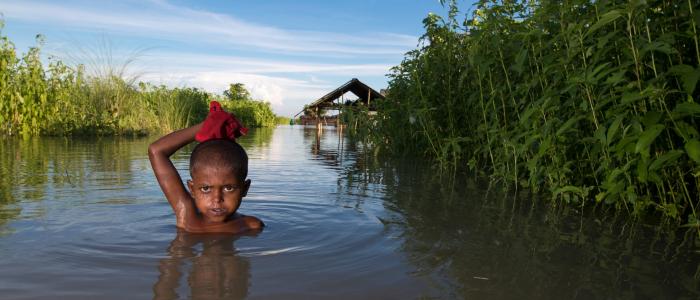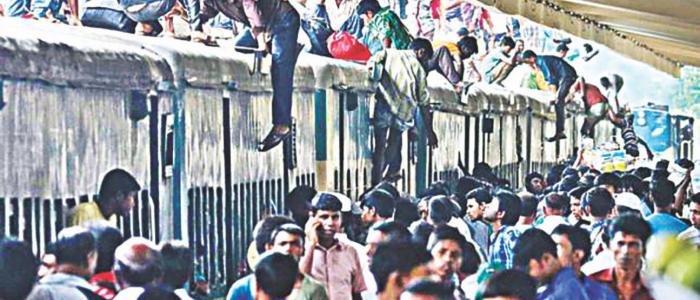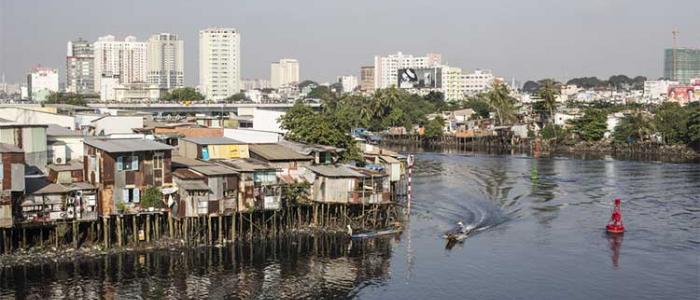Urbanisation
Zinia talks on her research about adaptation strategies in Dhaka

Bangladesh faces multi-dimentional challenges related to population growth, rapid urbanisation, land use change, and natural hazards. But, the severity of these challenges is event more intense given the likely climate change in terms of salinity intrusion, sea level rise, scarcity of fresh water, and increasing frequent of extreme events.
As a citizen of Dhaka, she has witnessed how the city has been growing in an unplanned manner. So, she has tried to learn about these issues and tried to assess why this happens and what we can do as individuals.








